Indeed, one of the most memorable "tricks" of poor country children's childhood was that the cookie box contained needles, thread, and buttons, but no cookies at all.
It seems that the previous generation was born into poverty, so everyone learned to "save". Especially the people in my hometown in the Central region, every year they have to endure dozens of storms that blow roofs off houses and wash away crops. They save and economize all their lives, not even finishing today's meal before worrying about tomorrow's. In the dry season, they buy some fresh and cheap sea fish to dry or salt so that when the flood comes, they will have something to survive the hunger. They only eat half of sweet potatoes, rice, and sesame beans, and save the other half for the next season. They take advantage of the sunny months to chop firewood, cut coconut leaves, and collect willow leaves to store in the kitchen corner to fuel the fire when the weather turns stormy.
When I was still in school, at the end of each school year, there would be a few old notebooks with blank pages that had not been filled with lessons. My mother would often cut out those blank pages and bind them into new notebooks for me to use as a rough sketchbook. Even the old calendar pages that were torn from the calendar, she would staple them and fill them with countless numbers calculating the profits and losses from her hard-working street vendor's day. Reducing expenses on one thing would increase a little money for another. My mother counted and saved every penny so that her children could have more delicious meals and study properly.
Because of the need to save, biscuit boxes, cardboard boxes, punctured aluminum pots, milk cans, or clean plastic bags are all kept for storage. For the country people, almost nothing is useless. As long as we know how to make use of it, even if it is something that seems to be discarded, it still has some value. Perhaps people are the same, no one is useless, we just need to recognize our mistakes to correct them, and know our strengths to develop them.
Having gone through the poor times, my mother still kept the same thrifty habit as before. The clothes that were tight for me were washed clean and fragrant, folded neatly and put in the closet by my mother. She told me to save them for my grandchildren to wear later. But no grandchild would wear old clothes when fashion was changing every day. Once, I accidentally saw my old school uniform carefully folded by my mother, and suddenly I felt nostalgic and remembered my naive school days. It turns out that there are items that are not only for use, but also a place to mark memories of the past.
In addition to keeping old things, my mother also kept many old stories. Every time we came home, we heard her tell stories about the past. There were some old stories, but she kept talking about them without getting bored. Sometimes the children were so busy that they forgot, but luckily my mother reminded them of all the big and small things. Perhaps, without people who kept memories like my mother, this life would lack so many good things.
The simple things that my mother taught me every day gradually became my sisters and I's personalities when we grew up. We also understood that slow and steady wins the race, and we also knew how to save and cherish for the next generation. The love my mother saved for us grew stronger over time, just like a tree that nurtures its fruit until it is ripe and sweet.
Source: https://thanhnien.vn/nhan-dam-danh-dum-cho-nhung-ngay-sau-185240615191746818.htm






















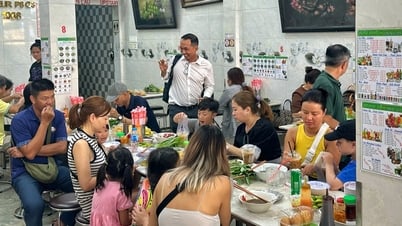



![[Photo] President Luong Cuong works with Hung Yen and Thai Binh Provincial Party Committees on implementing Resolution of the 11th Central Conference, 13th tenure](https://vphoto.vietnam.vn/thumb/1200x675/vietnam/resource/IMAGE/2025/6/6/127b735d2761484d81dcee0d7725a25b)

![[Photo] General Secretary To Lam receives Korean Ambassador to Vietnam](https://vphoto.vietnam.vn/thumb/1200x675/vietnam/resource/IMAGE/2025/6/6/a0765b7543784cbcbfe4755b67d43ab4)





























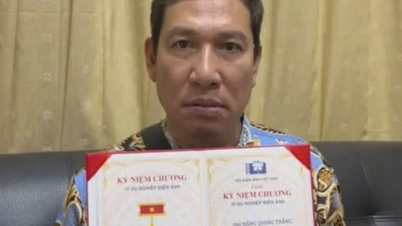


















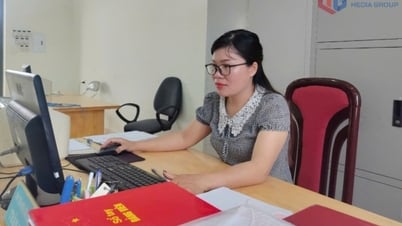
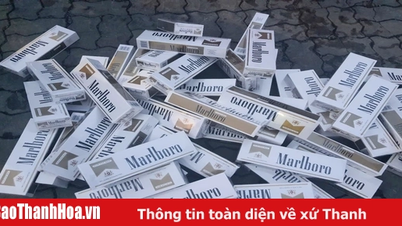





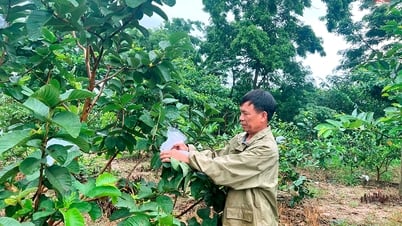




![[OCOP REVIEW] Tu Duyen Syrup - The essence of herbs from the mountains and forests of Nhu Thanh](https://vphoto.vietnam.vn/thumb/402x226/vietnam/resource/IMAGE/2025/6/5/58ca32fce4ec44039e444fbfae7e75ec)







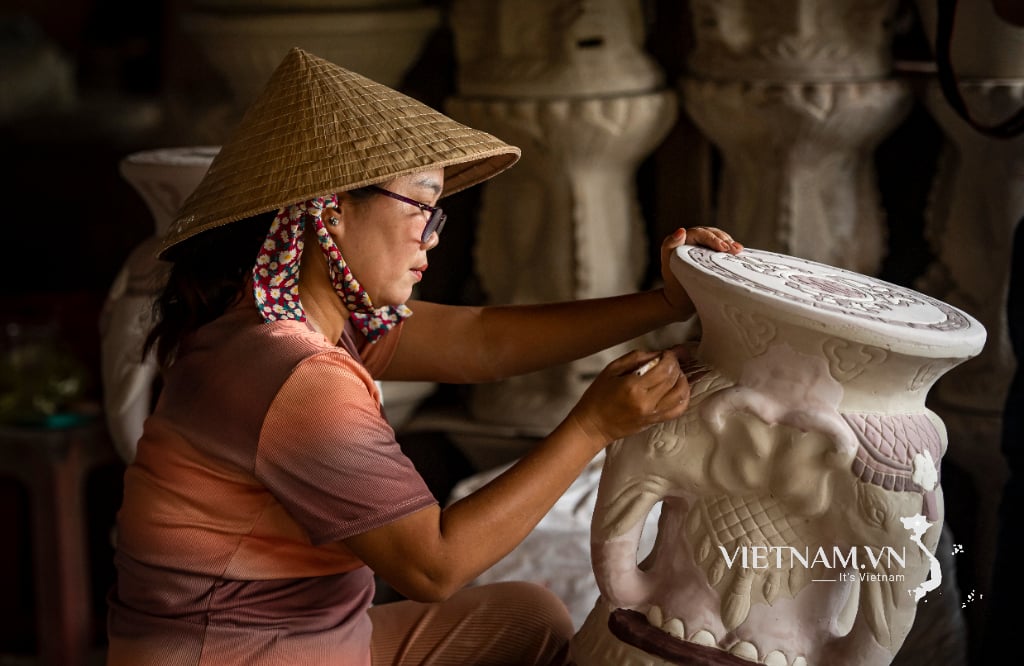


Comment (0)